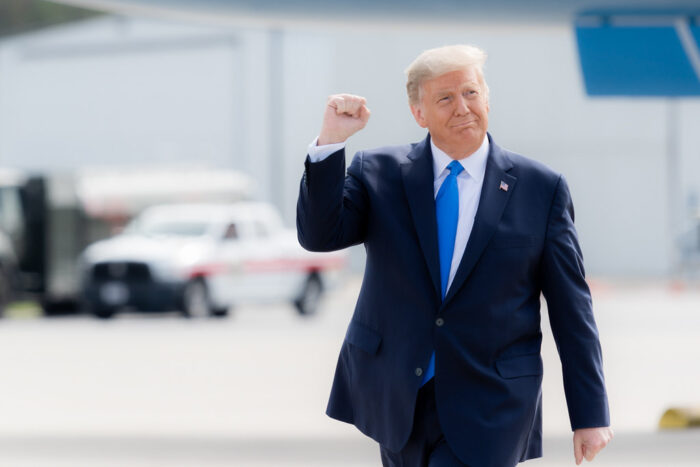A recent survey by the Pew Research Center highlights a significant shift in the political leanings of young Americans, showing an increasing trend towards the Republican Party. The report, which analyzed data from 1994 to 2023, examined how changes in demographic profiles and partisan coalitions influence the political landscape in the United States.
According to a recent Pew Research Center report, there has been a noteworthy shift in the political orientation of young U.S. voters, with an increasing number now aligning with the Republican Party. Traditionally, voter party identification has been influenced by factors such as gender, race, ethnicity, and religious affiliation. While these factors continue to play a significant role, the new trend among younger voters indicates a changing political landscape, suggesting that the GOP is gaining ground with this demographic.
The Pew Research Center’s latest findings indicate a significant shift in political alignment among young voters (ages 18 to 24), who increasingly identify with or lean towards the Republican Party. This trend marks a notable departure from previous patterns, where this demographic traditionally supported the Democratic Party, often motivated by progressive views on social issues and a desire for change. The new data suggest a transformation within this voter group, potentially signaling a reshaping of future American political dynamics as younger generations reconsider their political affiliations.
New York Times’ chief political analyst, Nate Cohn, noted on X, “Perhaps the most important poll you’ve never heard of came out today: the Pew NPORS study, a large mail survey with financial incentives and a 30% response rate. It’s important enough that I had to open it when the email arrived.”
The Pew Research Center’s report highlights several key trends in the political leanings of young voters in the United States. While the majority of young voters continue to lean Democratic, there has been a noteworthy increase in the number of young adults who identify as Republicans. This shift is particularly apparent among young White adults, who are increasingly showing a preference for the Republican Party.
The report also reveals a notable trend among young voters based on educational background. Specifically, young adults without a college degree are increasingly likely to align with the Republican Party, driven largely by economic concerns such as job opportunities and financial stability.
Geographic factors play a significant role in shaping the political affiliations of young voters. In rural areas, there is an increasing trend of young adults aligning with the Republican party, while their urban peers tend to support the Democrats. Furthermore, the rising racial and ethnic diversity among young voters has affected both political parties, although the Democratic Party continues to have stronger support among minority youth.
Meanwhile, in contrast to his 2016 campaign when Donald Trump challenged the GOP establishment and faced significant internal resistance during his 2020 reelection bid, he now, as the 2024 nominee, seems to have consolidated control over the Republican Party, which now appears more aligned with his policy platform, showing a readiness to support his campaign efforts actively. This shift indicates a significant transformation in party dynamics, with Trump’s influence cementing a more unified backing from previously contentious party structures.
Just the News reports that on Monday, the Republican National Committee officially endorsed Trump’s 2024 party platform, which places significant emphasis on economic and border security issues—themes that have consistently been central to Trump’s political agenda. The platform also incorporates other elements that underscore the deep integration of Trump’s personal policy priorities into the broader Republican agenda, highlighting how his influence has shaped the party’s direction and priorities for the upcoming election cycle.
Trump’s profound influence over the Republican National Committee (RNC) is now more apparent, especially since he played a significant role in selecting its leadership. Notably, the RNC appointed Michael Whatley, the former North Carolina GOP Chairman, as its chairman in March after Trump endorsed him for the position. Additionally, Lara Trump, Trump’s daughter-in-law, was appointed as co-chair.
This level of influence marks a stark contrast to Trump’s initial foray into politics during the 2016 Republican primary. At that time, Trump frequently clashed with the RNC, accusing it of bias against him and challenging the party’s establishment.



